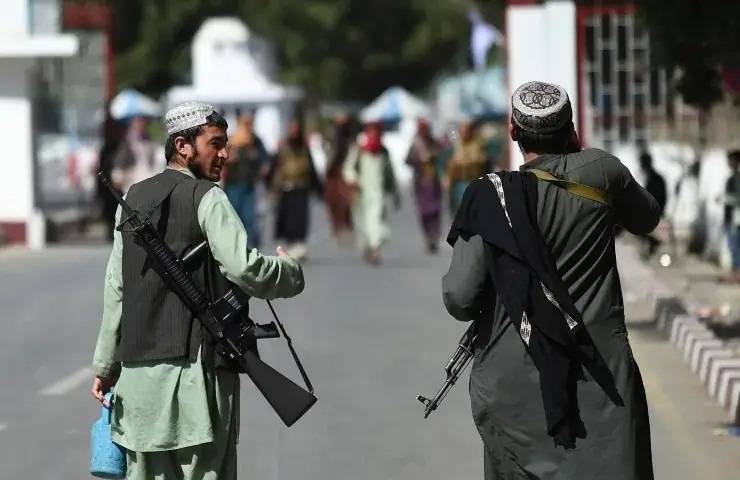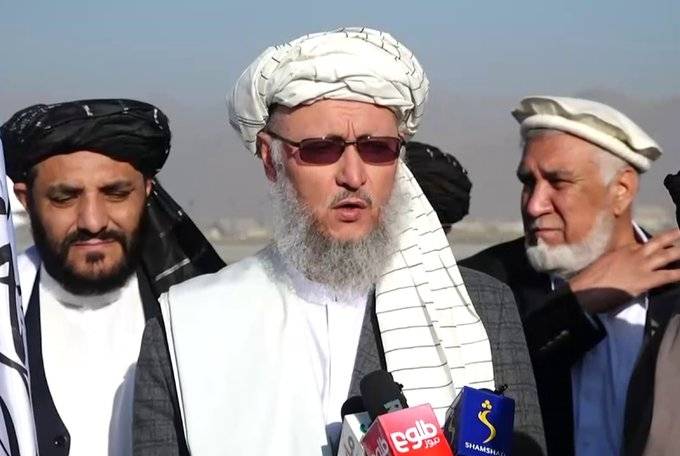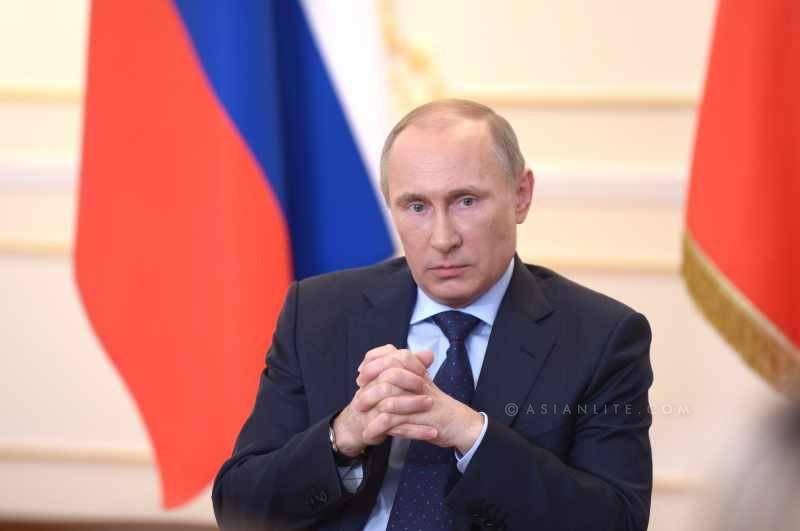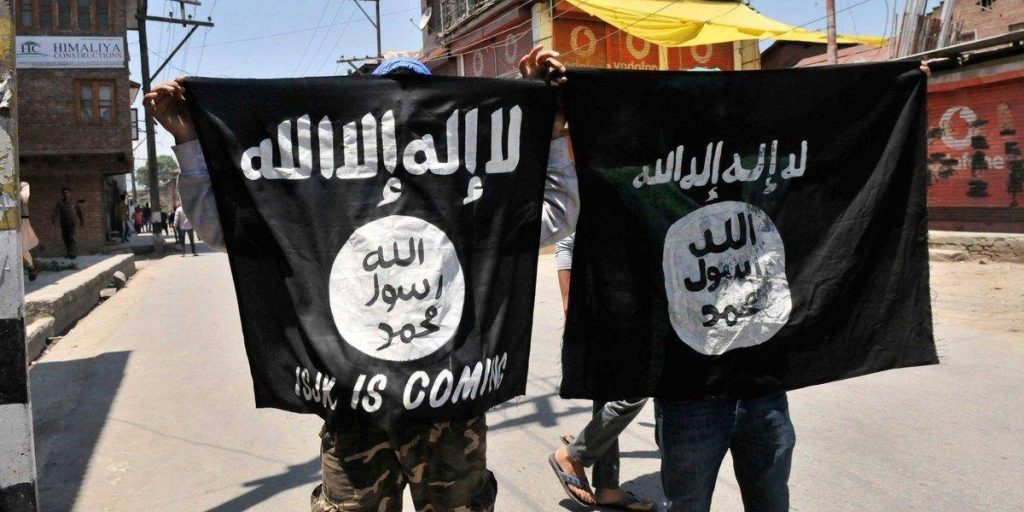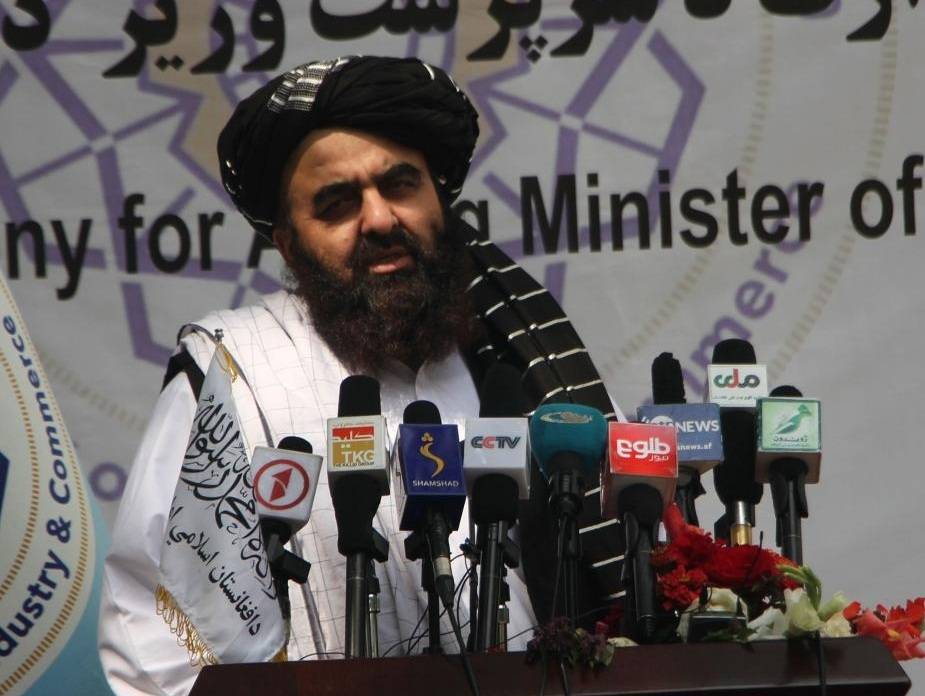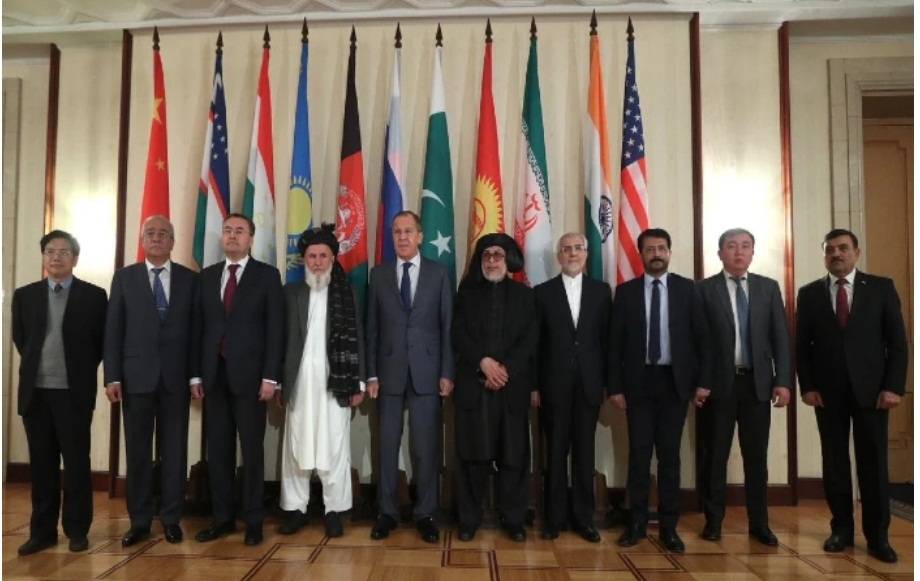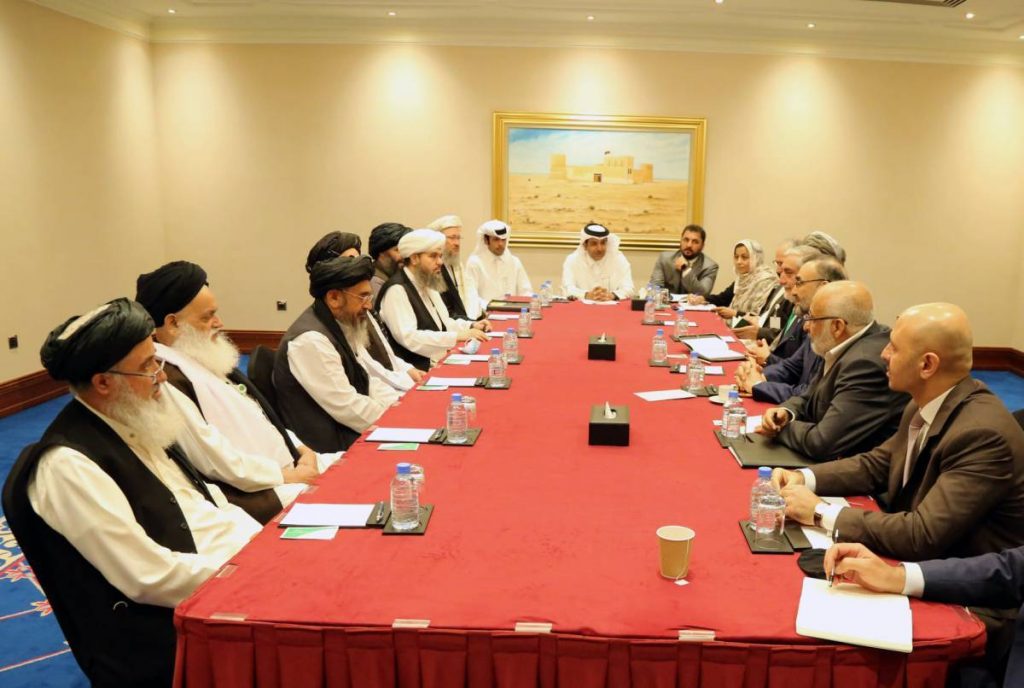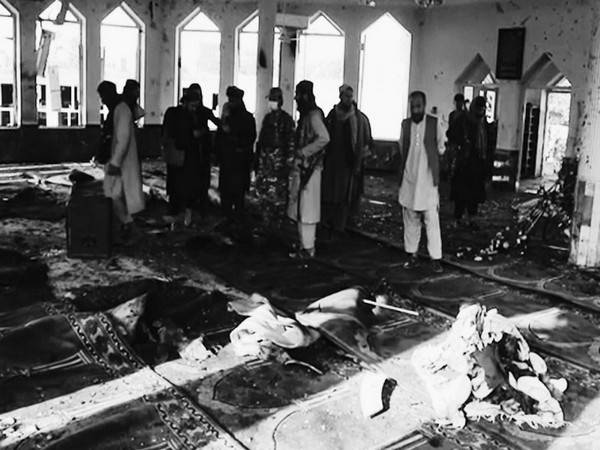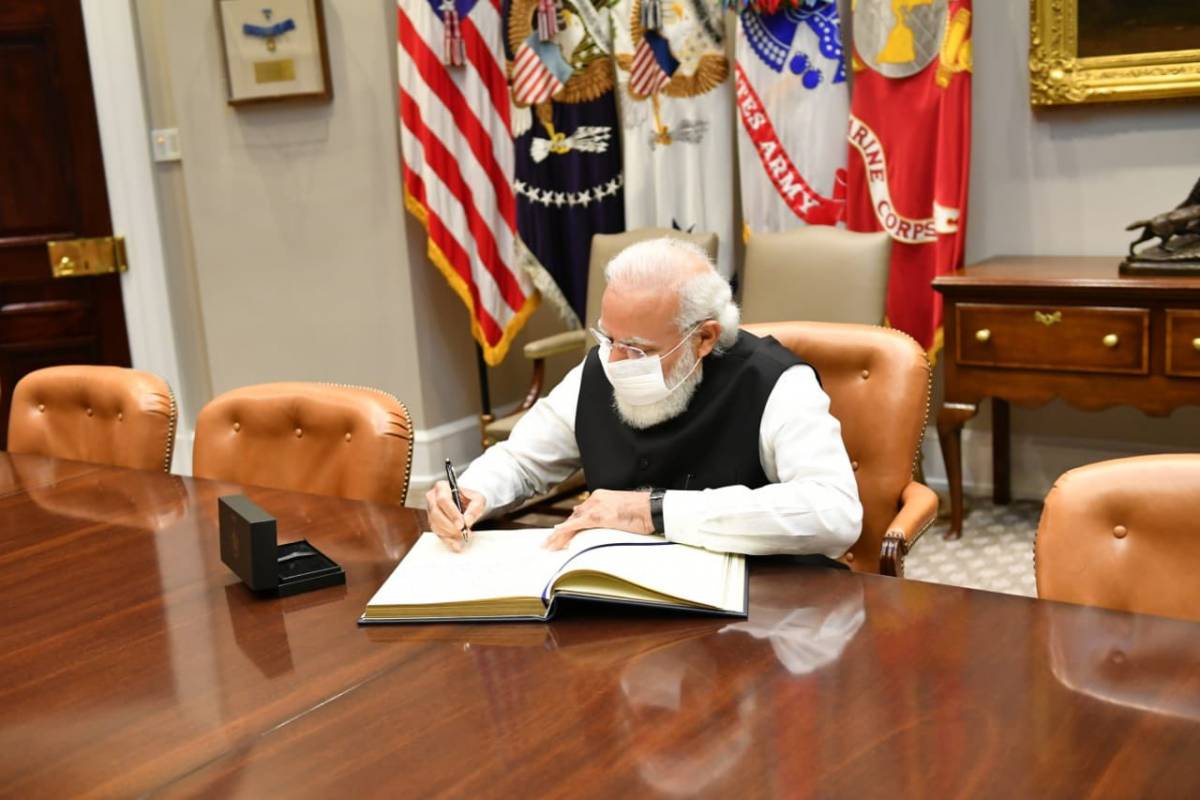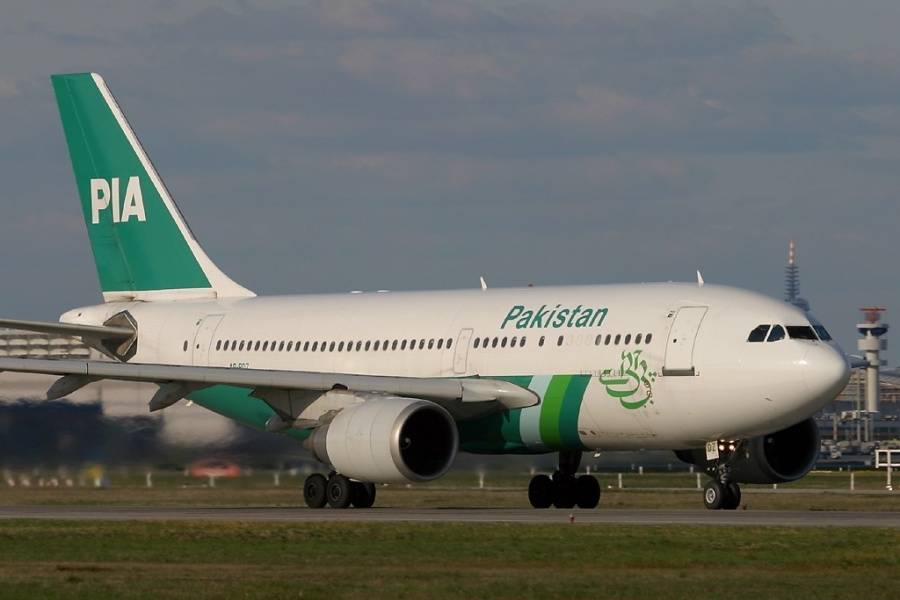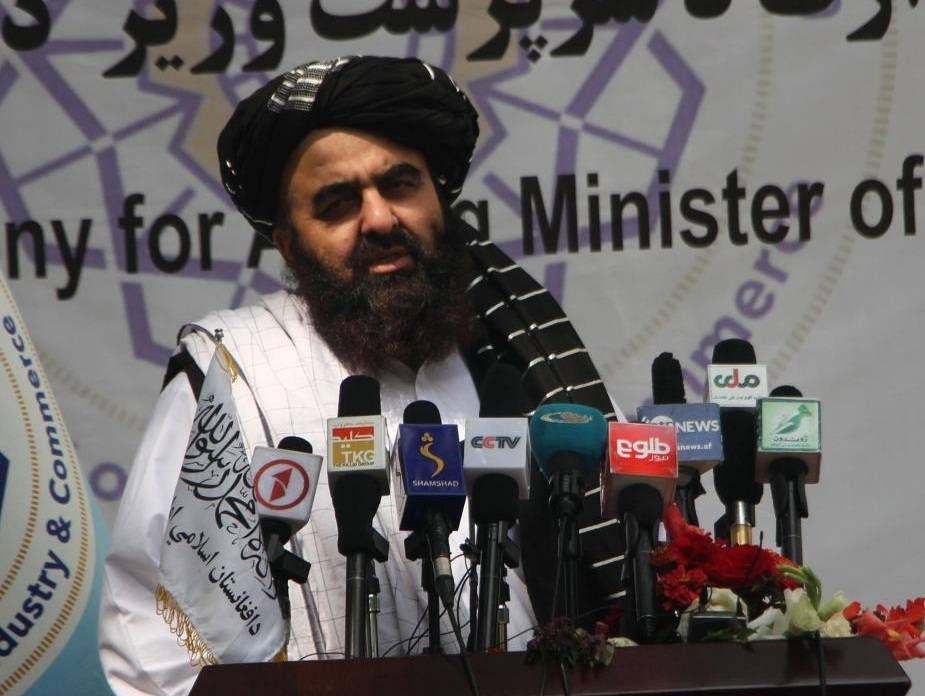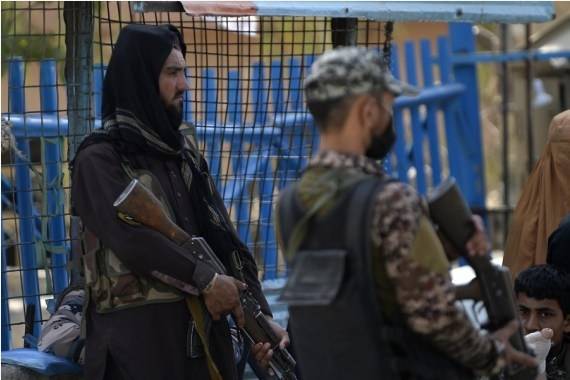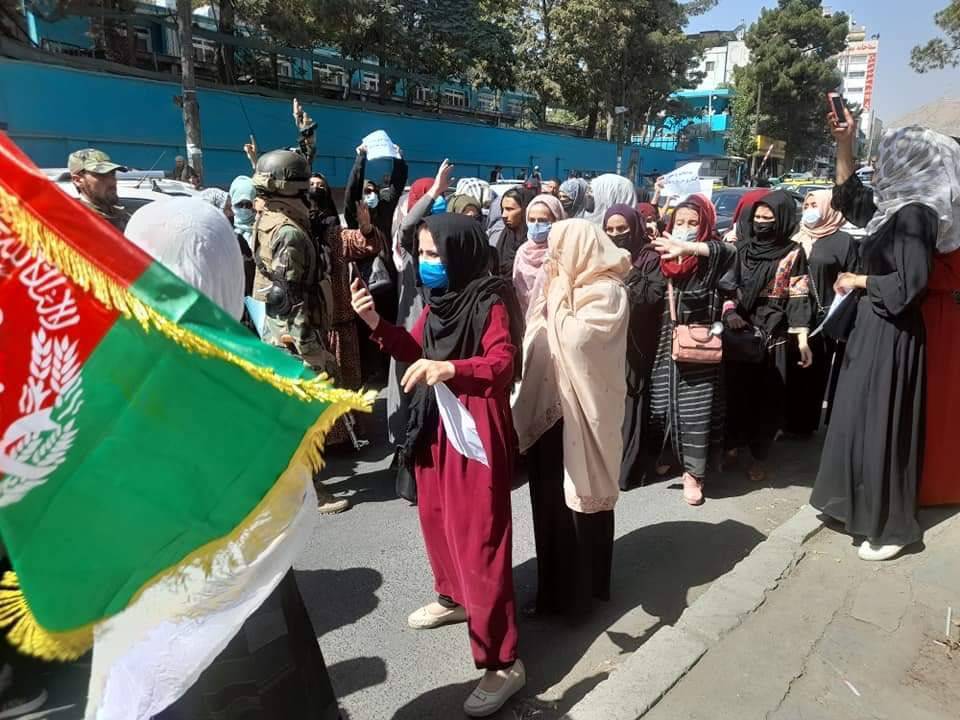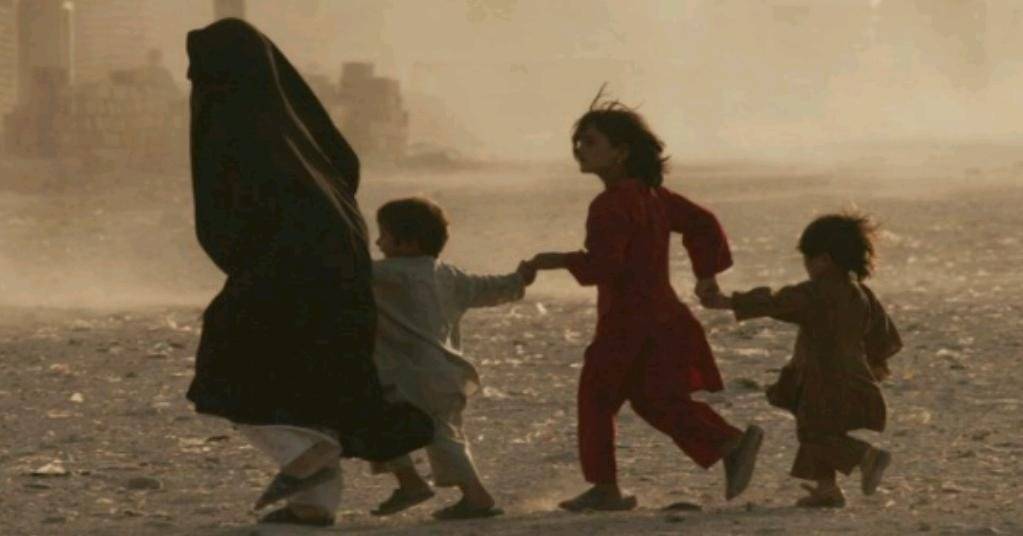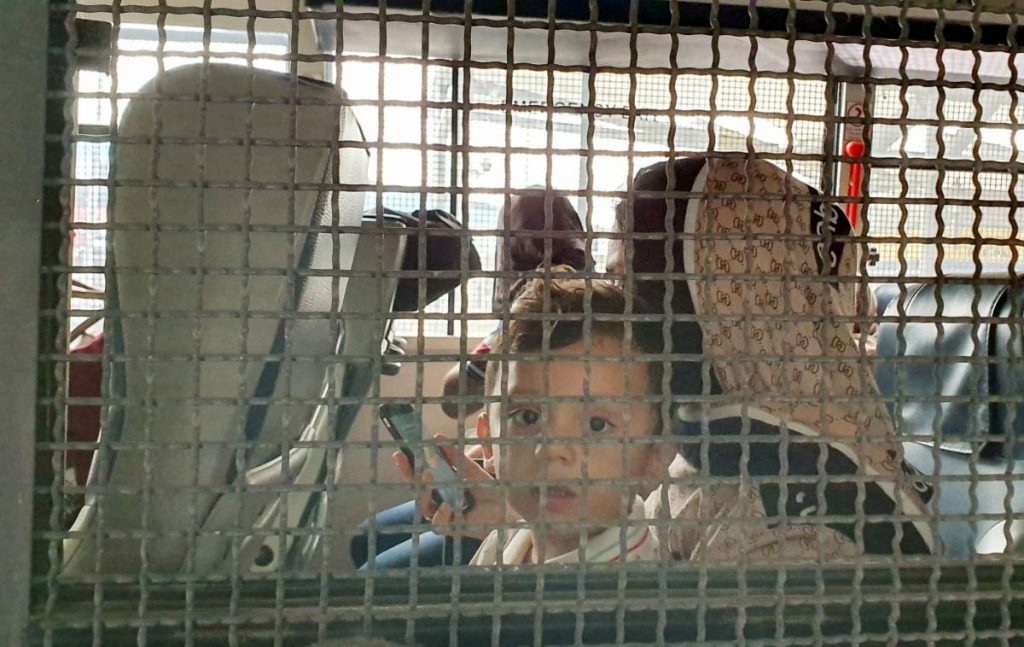The ineptitude in the execution of US withdrawal has created untold horrors for the local Afghans and increased security threat in the region, writes Lt Gen Arun Sahni
The dastardly turn of events in Afghanistan was pre-ordained, when the US lost the appetite to stay in Afghanistan, commenced working towards an exit policy and started differentiating between the ‘good’ and ‘bad’ Taliban. Its various bilateral, trilateral and multilateral engagements for the future of Afghanistan, covert deals with Pakistan and delegation of greater operational control to the Afghan National Army in the later part of 2019, were all tailored towards an honourable departure.
It would be a fair assessment that the clock started ticking for Afghanistan on February 29, 2020, with the signing of the ‘Peace Agreement’ between Taliban and the US in Doha, Qatar. The curtains finally came down on August 15, 2021, with Afghan President Ashraf Ghani fleeing with his entourage in the forenoon and capitulation of Kabul to Taliban, a few hours later. The ineptitude in the execution of US withdrawal has created untold horrors for the local Afghani people and increased the security threat in the region.
Taliban, an organisation on the UN terrorist list, was once again in the driver’s seat in Afghanistan, after 20 years. This banned terrorist organisation not only survived but grew in strength and capabilities in the two decades out of power, with the patronage of the two timing Pakistan. Its intelligence agency, the ISI and military, have been the support anchor for Taliban, right from its inception and founding in the 1980s and then while it was in control of Afghanistan from 1996 to 2001.
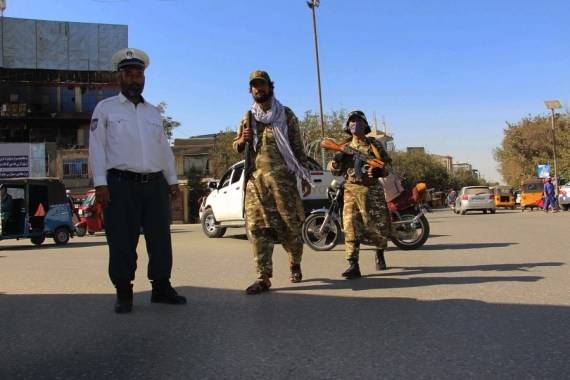
On commencement of the US ‘Global War on Terrorism’, Pakistan continued to covertly sustain and empower Taliban. It provided safe havens in its frontier areas, adjoining Afghanistan. It extended covert material, cadre and training support to Taliban, for its sinister terrorist attacks on the democratically elected Government in Kabul and its fight against the US led Coalition forces.
The Taliban– ISI nexus was apparent in the manner Islamist in Pakistan, celebrated Taliban takeover of Afghanistan and the announcement of Taliban’s caretaker government, three days after the unannounced and sudden visit of DG ISI to Kabul, in the first week of September 21. The inclusion of top leaders of ISI supported Haqqani Network, in the Taliban government further confirmed this unholy alliance of a State and non-state actor, that now has a State of its own.
Most political analysts have been proven wrong in their assessment, as they had predicted that Taliban 2.0 will be inclusive in its formulation of the caretaker government and the horrors of their first rule, was a bad dream. Yes, the new Government is media savvy and makes the right noises both in visual and social platforms to placate the developed world, but their action against women, violent subjugation of other non-Pashtun communities, retrograde attitude and fundamentalist social baggage, is a repeat of the past.
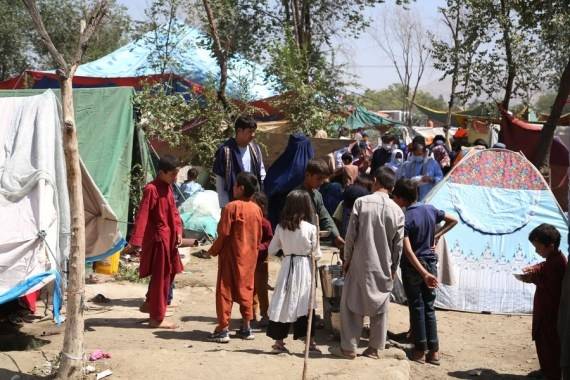
Taliban’s leadership does not inspire confidence as it comprises former Guantanamo Bay detainees, designated terrorists, and other individuals closely tied to foreign terror groups like Al-Qaeda and the Haqqani Network. At least 14 members of the Taliban’s caretaker government are on the UN Security Council blacklist. These were Taliban leaders who were released from Guantanamo Bay prison by the Obama administration in 2014, in exchange for US Army personnel.
The success of Taliban in Afghanistan, with its foundations anchored on terrorism and fundamentalism, has energised all terrorist organisations, regionally and globally and increased the resolve of ultra conservative terrorist groups like Pakistan’s TTP, for harsher implementation of ‘Sharia’.
All these non-state actors have gained in confidence and their perception reinforced, that they are on the right track, especially those active in India. It needs to be highlighted that terrorists of the banned outfits in India like Lashkar-e-Taiba (LeT) and Jaish-e-Mohammed (JEM), were fighting alongside the Taliban, against the US led forces in Afghanistan, for the past several years.
The situation in Afghanistan to say the least, is highly unstable and volatile with adverse impact on the neighbouring countries. Violence levels will continue to be high, as not only are there fissures within Taliban, but the presence of other terrorist groups in Afghanistan that supported Taliban in its power struggle like Indian terrorist groups, ETIM, TTP and IS-K. The hostilities between Taliban and IS – K are too deeply entrenched due to sustained hostilities and sectarian differences.
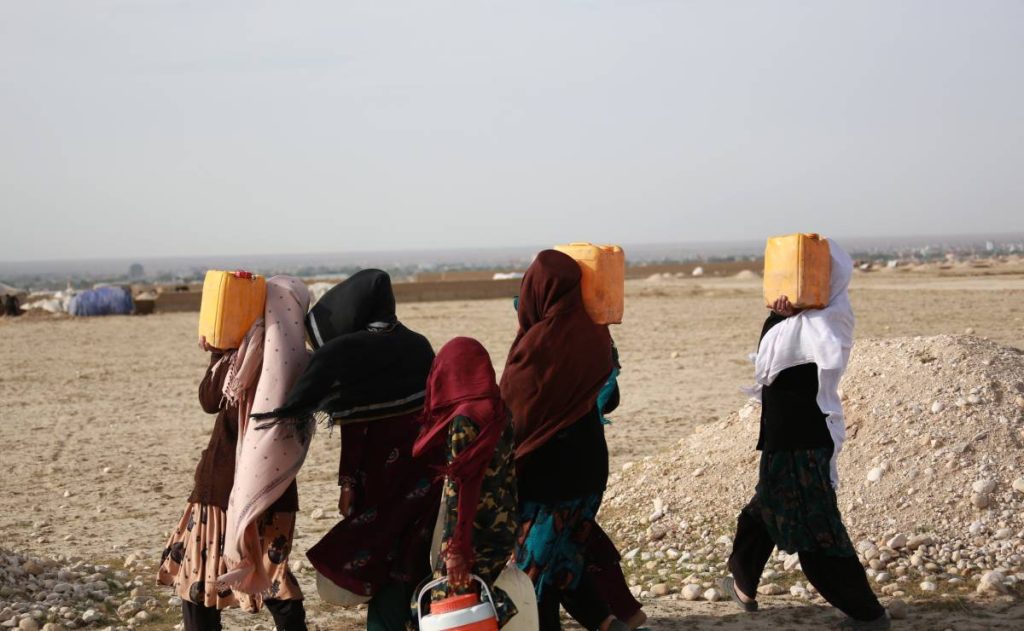
IS-K subscribes to the Jihadi-Salafism ideology and Taliban subscribes to an alternative Hanafi madhhab of Sunni Islam. The two groups also differ over the role of nationalism. IS-K fiercely rejects it, counter to Taliban’s aims of ruling over Afghanistan. So internecine clashes, differences in the ideologies of terrorist groups, will lead to Afghanistan turning into a cradle for terrorism.
Now with no other battleground available, these terrorists/militants will turn their attention to the neighbouring countries. In the case of India, we will see an increase in terrorist infiltration including foreign militants. The LeT, JEM, their clones and Hizbul Mujahideen (HM), under the tutelage of the Pakistan establishment, will endeavour to give impetus to the dwindling ‘proxy war’ in the erstwhile State of J&K and increase terrorist related incidents, pan India. We are already witnessing this change in the recent target killings in Kashmir valley and increased frequency of terrorist related incidents in J&K.
The turn of events in Afghanistan will undoubtedly have an adverse impact on India’s security and the Indian intelligence and Security Forces will have to ‘up the ante’, in their functioning. Prime Minister Narendra Modi’s statement on October 12, at the G20 summit, that encapsulates the security concerns of the Region, merits attention. He underlined the need for the international community to ensure that the Afghan territory did not become a source of radicalisation and terrorism, regionally or globally. The Prime Minister emphasised the need to enhance joint fight against the nexus of radicalisation, terrorism and smuggling of drugs and arms in the region. Therefore, the need of the hour is that the international community must increase its effort to bring Afghanistan on a saner path.
(The writer is a retired Indian Army officer who usually writes on security and current affairs; views expressed are his personal)

